A plea to Swiss banks from the Russian Arctic
Swiss banks might not be the most obvious allies for indigenous communities struggling to survive in Russia’s Far North. But their financial clout could drive multinationals to change their business practices, argue those affected by a major environmental disaster last year.
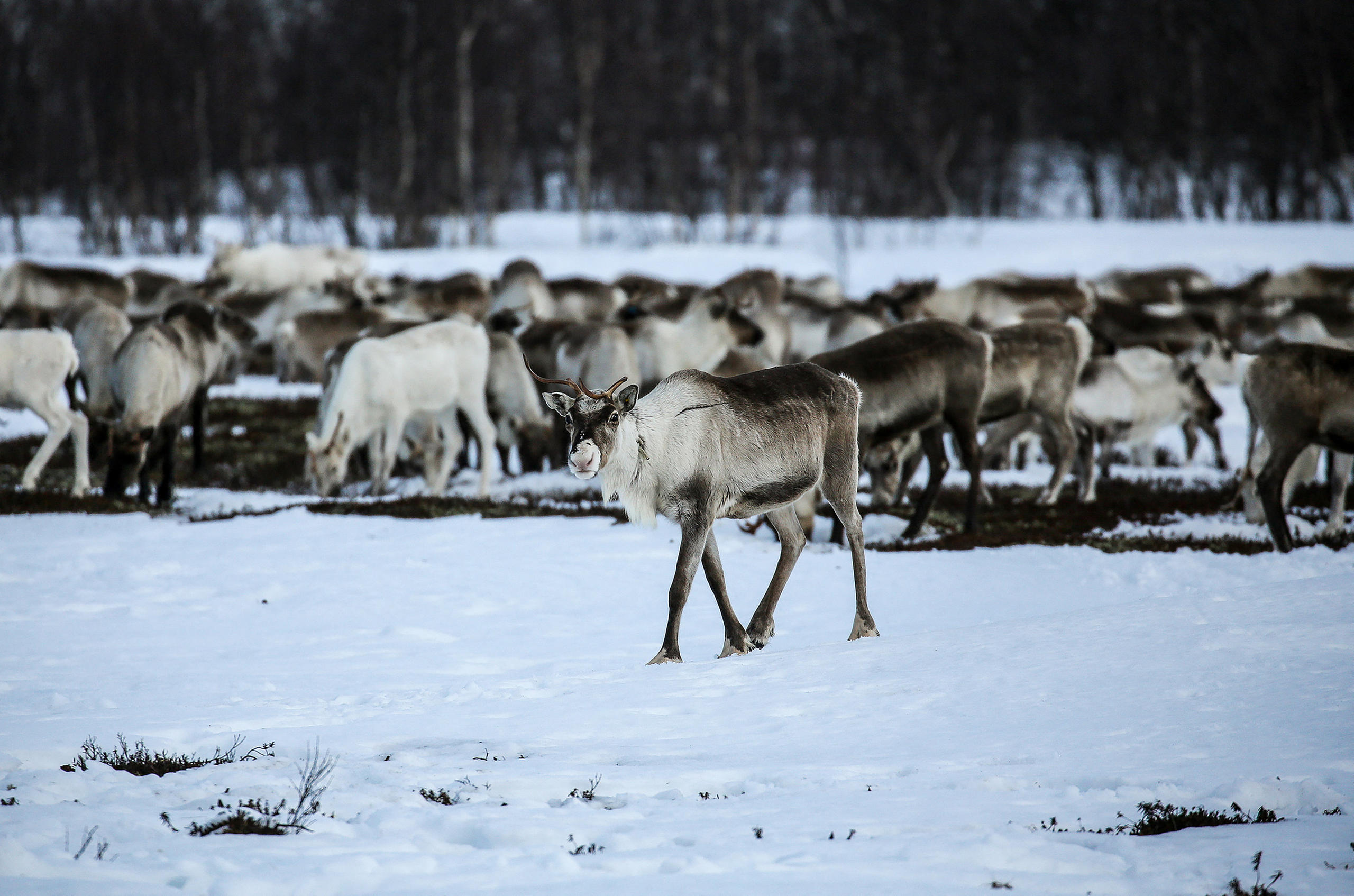
A delegation from the Russian Arctic travelled more than 4,800 kilometres to Switzerland this month. Top of their agenda was calling attention to the lasting consequences of one of the largest oil spills in their country’s history. They want Swiss banks to use their influence to push the company responsible to protect the environment and properly consult indigenous communities.
On May 29, 2020, a fuel storage tank failed, flooding two local rivers with some 21,000 tons of diesel near the Siberian city of Norilsk. The company behind that environmental disaster is Russian company, Norilsk Nickel, or Nornickel, the world’s leading producer of refined nickel and palladium.
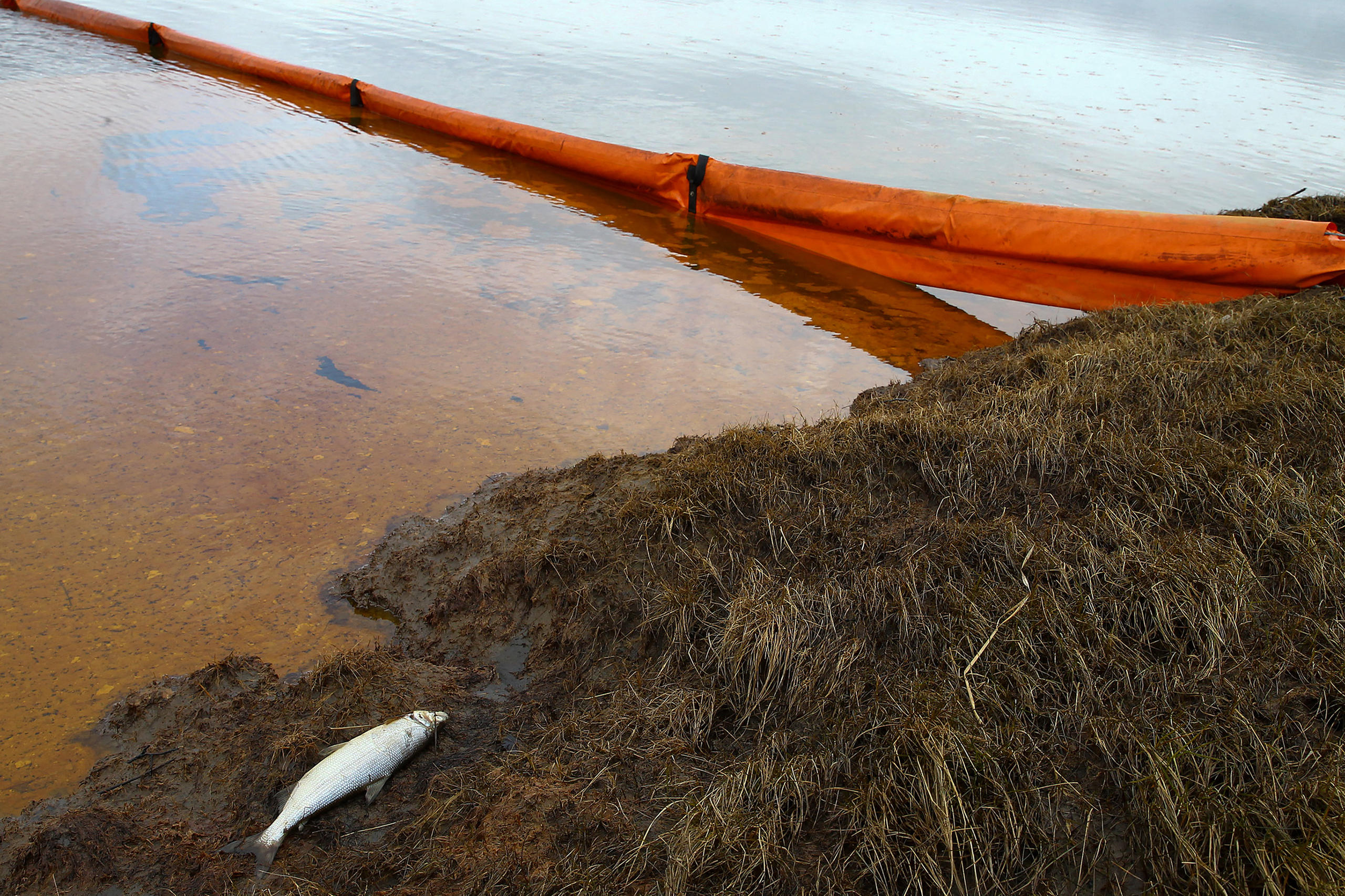
“This spill is the tip of the iceberg,” says Rodion Sulyandziga, director of the independent Centre for Support of Indigenous Peoples of the North. “Pollution and disempowerment of indigenous communities didn’t start one year ago. It is a long story.”
The 2020 diesel spill was a “social disaster” as much as it was an environmental disaster, the rights activist told SWI swissinfo.ch. It had crippling consequences for indigenous communities trying to make a living in a tough habitat through fishing, reindeer herding and hunting. It also hurt their ability to trade.
“They have to go far in the tundra to find new places for fishing, for hunting,” Sulyandziga said. “They don’t have much fish or meat because of the oil spill. An even if they have [some], they cannot sell, because it has a special smell…profit is going down.”
Credit Suisse and UBS investment
Nornickel has a turnover of $14 billion (CHF12.5 billion) and a profit of $6 billion in 2019. The metals it produces are essential to the booming electric car industry. Switzerland’s largest banks, Credit Suisse and UBS, are together among the ten largest investors in Nornickel, according to the NGO Society for Threatened Peoples. They are also key lenders.
As of April 2021, UBS held shares and bonds in Nornickel worth $45 million, according to data compiled by Profundo, a Dutch research group. Credit Suisse has equity corresponding to $27 million in stocks and bonds. It has also issued $268 million in loans.
Both banks said they do not comment on existing or potential client relationships. “We will not do business if associated with severe environmental or social damage to or through the use among others breaches of indigenous peoples,” said UBS spokesman Samuel Brandner, pointing to the bank’s sustainability report.
Credit Suisse spokesman Yannick Orto noted that business transactions with companies from sensitive sectors and industries are subject to a reputational risk review process, which considers the rights of local communities and environmental implications. “Credit Suisse regularly engages in dialogue with NGOs and other stakeholders in this regard,” he said.
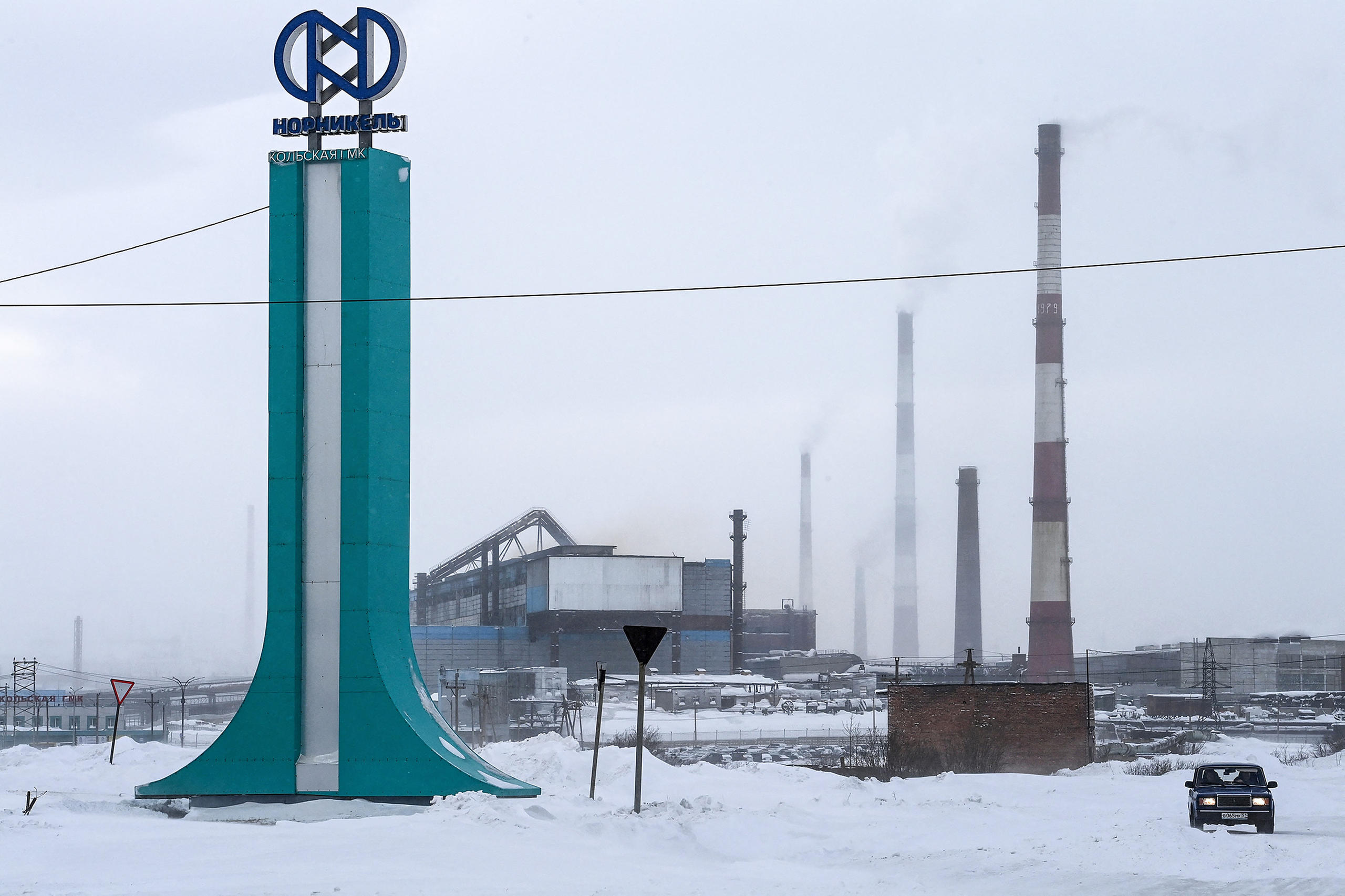
Swiss meetings about pollution
While in Switzerland, three Russian indigenous rights activists met representatives of both Credit Suisse and UBS with help from the Bern branch of STP. But they encountered closed doors at Nornickel’s subsidiary company Metal Trade Overseas AG in Zug, a low-tax Swiss canton popular with commodity traders. They hoped these companies would take responsibility and push Nornickel to change course.
“If you invest in a company doing dodgy business that violates human rights and land rights, you should be prepared to bear shared responsibility for what is going on at the local level,” said Sulyandziga.
Around 10,000 indigenous people live on the Taymyr Peninsula, where Norilsk is located. Nornickel also has a production site in Russia’s eastern Kola Peninsula where the Saami people live. In both regions, pollution by the company is seen as a direct threat to the indigenous way of life.
“They do not want to cooperate with us,” says Andrey Danilov, director of the Saami Heritage and Development Fund who took part in a panel discussion organised by STP in the Swiss capital Bern. “This company is presenting untruthful information to its investors and the global community. So we came to inform its partners in Switzerland ourselves.”
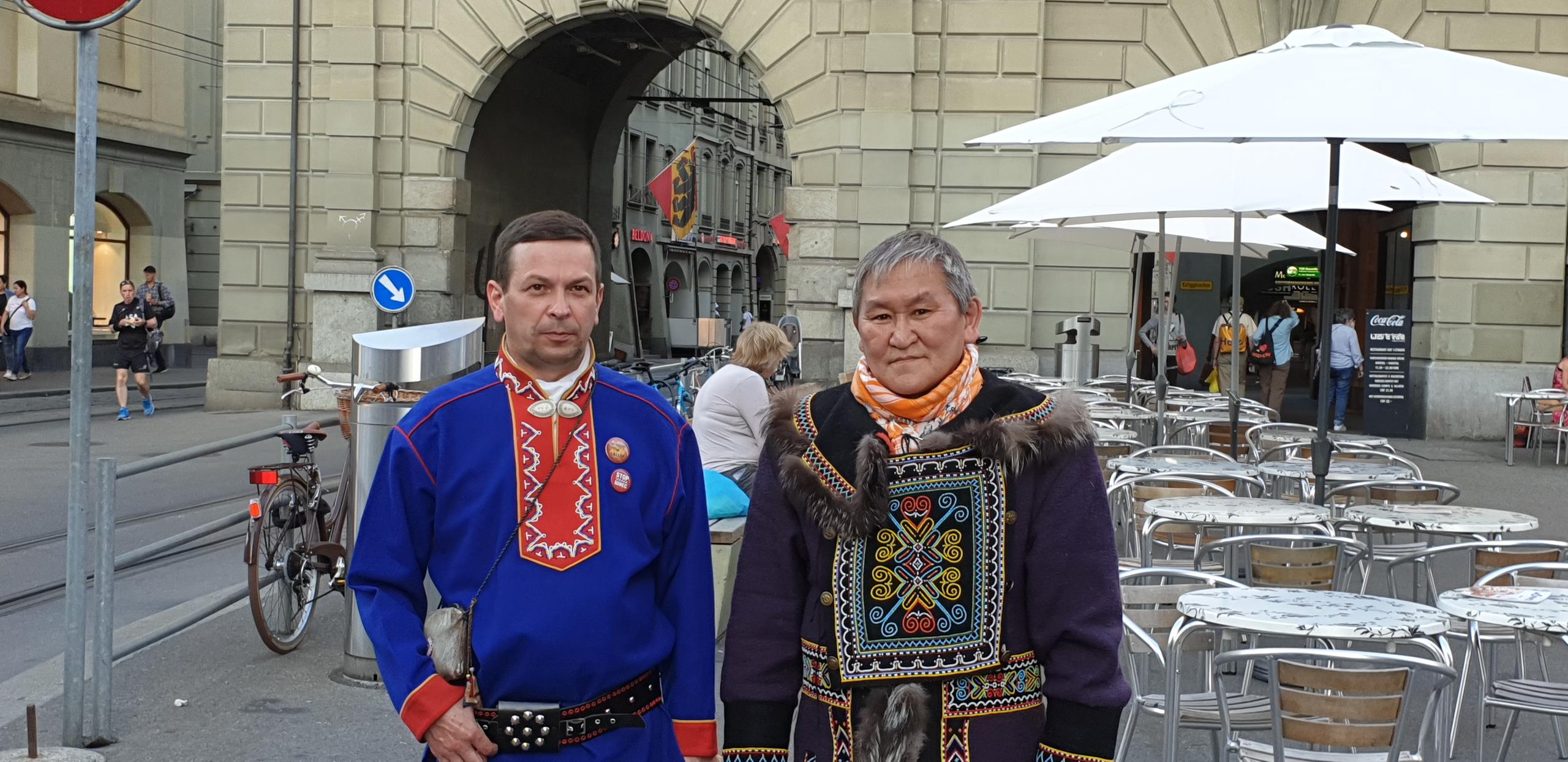
More
Russian activists demand action on Nornickel spill
Russia’s Norilsk smelter complex in the Arctic Circle has the highest sulphur dioxide (SO2) emissions in the world, according to satellite data from US space agency NASA commissioned by Greenpeace. The smelters are responsible for more than 50% all SO2 emissions across Russia.
Other environmental incidents in the region include the leaking of iron oxides from Norilsk’s Nadeja plant which “turned the Daldykan river red”, according to STP.
An industrial accident at a Nornickel processing plant in Norilsk also killed three people and wounded three others in February this year.
“The nature is poisoned, a part of the Sami soul is poisoned,” said Danilov, who describes a lunar landscape with water and land contaminated within a 30-kilometre radius of the city of Monchegorsk, home to a Nornickel refining hub. “We are already at the edge of the Earth. There is nowhere else that we go. We want to save our people and pass on what our ancestors passed on.”
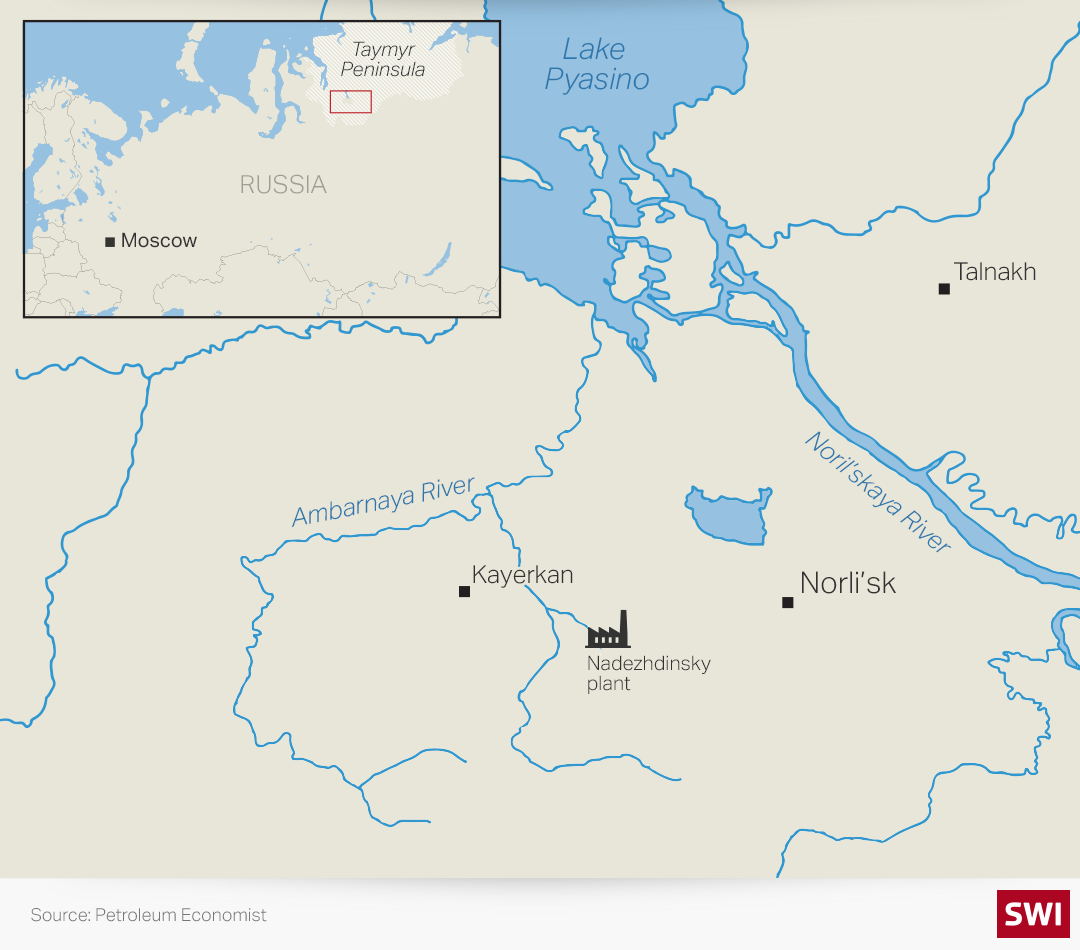
Empty gestures?
In a March 21 letter to the Business and Human Rights Resource Center, Nornickel acknowledged there are “legacy issues” and took “full responsibility” for the diesel spill. It claims to have collected over 90% of the leaked fuel.
“Changes do take time, but we are fully resolved to see them through and make sure that both our employees and local communities feel safe and fully supported,” the company stated in the letter. Nornickel has also paid a record fine of around CHF1.8 billion (146.2 billion rubles) in damages to the Russian government.
In the same letter, the multinational mentions paying direct compensation worth 174 million rubles to 699 individuals whose livelihoods depend on fishing in the Lake Pyasino and Pyasina river (an average salary in Russia stands at about 50,000 rubles). It also points to cooperation agreements signed with three indigenous associations.
“Nornickel respects the rights, traditions, long-standing values and interests of Indigenous northern minorities inhabiting the Company’s regions of operation,” the company told swissinfo.ch. “We have a long history of support for these Indigenous communities, and we enjoy close cooperation with organisations representing their interests, ensuring transparency in decision-making and that joint projects are implemented in the most efficient manner possible.
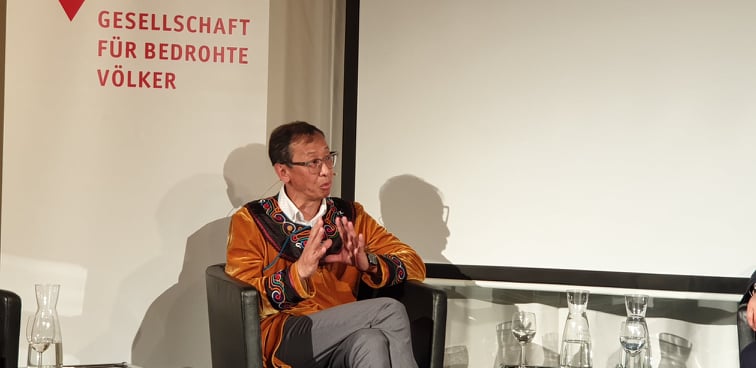
International Oversight
Sulyandziga says the company engages in dialogue with representatives that are under the control of the company or state, rather than the directly affected communities. He also points to the challenges of independent monitoring in such a remote region where Nornickel is the dominant player. “The airport and all kinds of infrastructure are controlled by Nornickel,” he says. “It is not so easy to fight with a big company like Nornickel [which] is very close to Moscow.”
The activists also met with Swiss government officials during their visit. They found a sympathetic ear in Ambassador Stefan Estermann, who represents Switzerland as an observer nation on the Arctic Council, an intergovernmental body gathering the eight governments and indigenous representatives of the Arctic.
“It is important that the Peoples of the Arctic are fully consulted regarding any extractive or mining activity,” he said, the ambassador said, pointing to a 2007 United Nations declaration.
He also noted the need for Swiss companies operating in the region to carry out human rights due diligence, examining “impacts that they may cause or contribute to through their own activities, or which may be directly linked to their operations, products or services or by their business relationships.”
When Russia assumed chairmanship of the Arctic Council in May, it set sustainable development as a top priority — one that will need to be balanced against ambitious resource extraction goals. Last year, Russian President Vladimir Putin unveiled $300 billion in incentives for new oil and gas projects north of the Arctic Circle.
“The Nornickel industrial and environmental disaster has highlighted several challenges affecting the Arctic region,” said Estermann.
“Economic activity is growing in the region, particularly because rapid changes are underway in the Arctic. As a result, the risk of disaster is increasing and, if a disaster does occur, the impacts and costs are quickly high, for the industry responsible, the affected populations and the fragile ecosystems.”
The Arctic Council
Canada, Denmark, Finland, Iceland, Norway, Russia, Sweden, and the United States are the member states of the Arctic Council. The intergovernmental body focuses on issues of sustainable development and environmental protection.
Switzerland sits among the observer nations and, according to the ambassador, seeks to advance scientific cooperation and limit the environmental and socio-economic impact of changes in the Arctic. Swiss researchers conduct on-site research in Siberia and are active in the Conservation of Arctic Flora and Fauna Working Group.
Special participants
There are dozens of different groups of indigenous peoples in the North, Siberia and the Far East of Russia. With about 270,000 people, they represent a very small part of the Russian population, living in areas with low population density and rank near the bottom in income and life expectancy.
The Arctic Council was the first (and so far only) intergovernmental forum to give indigenous peoples’ organisations a status ensuring them full participation in all matters and deliberations of the Council.
This article was corrected on June 24 to remove reference to a “2020 fire at one of the company’s industrial waste sites” as the site was not managed by Nornickel. It was amended on June 25 to include a direct response by Nornickel to swissinfo.ch.
Written with input from Igor Petrov, swissinfo.ch.

In compliance with the JTI standards
More: SWI swissinfo.ch certified by the Journalism Trust Initiative









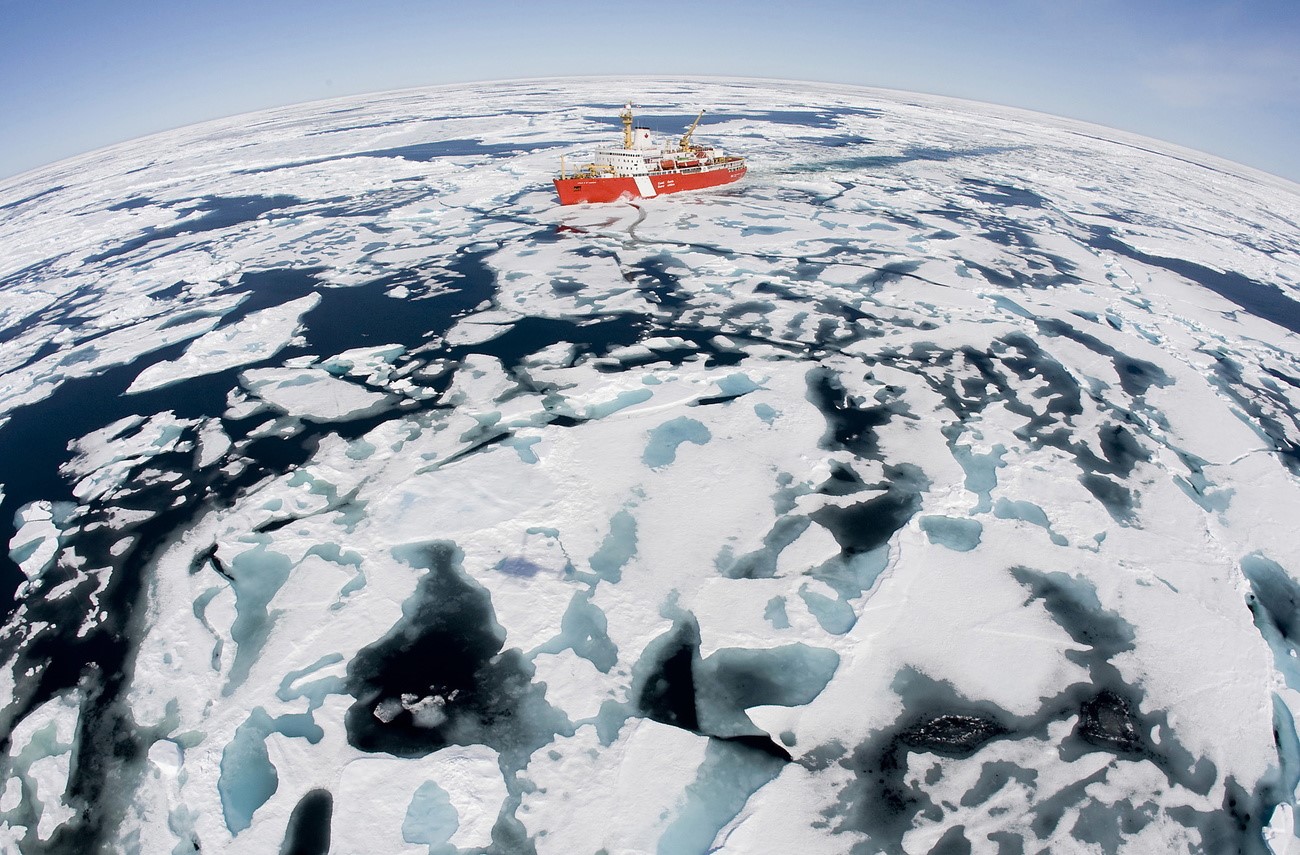
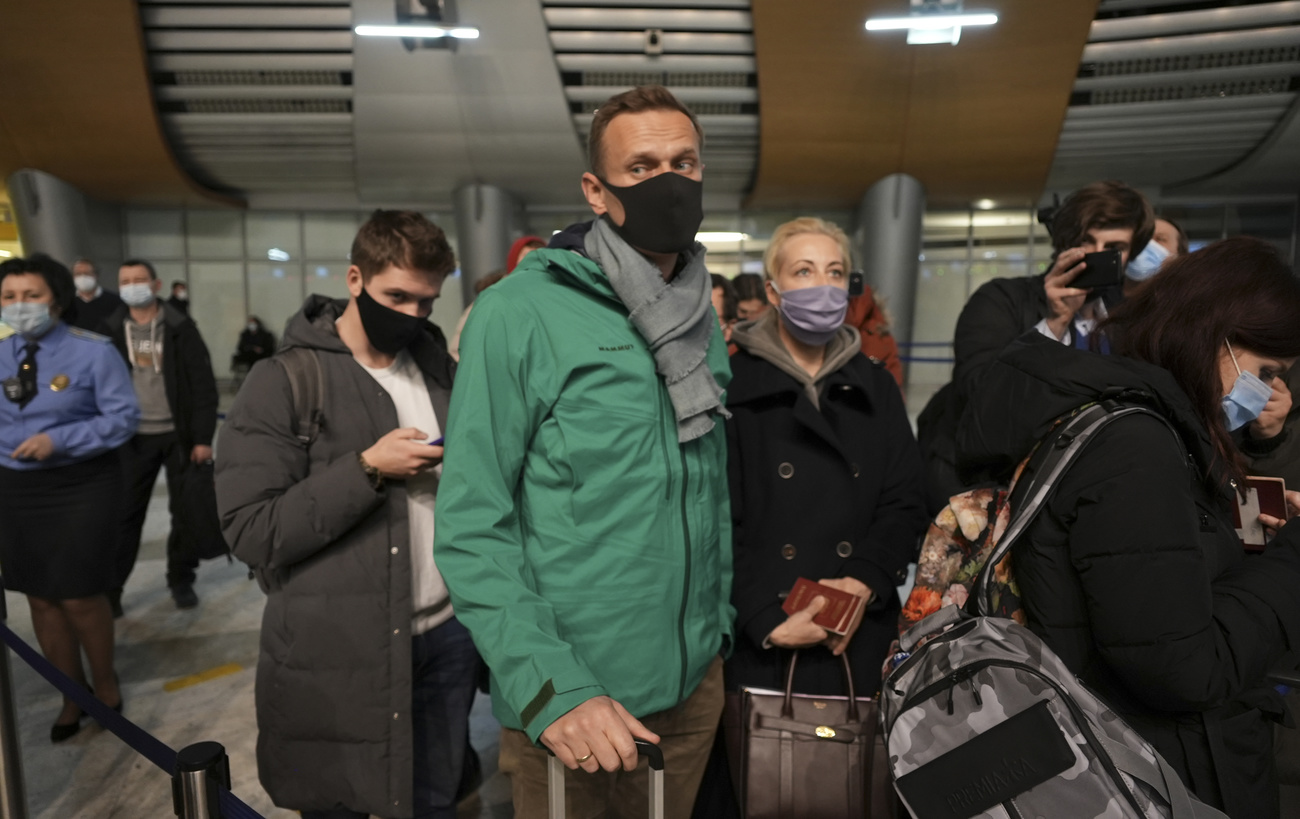


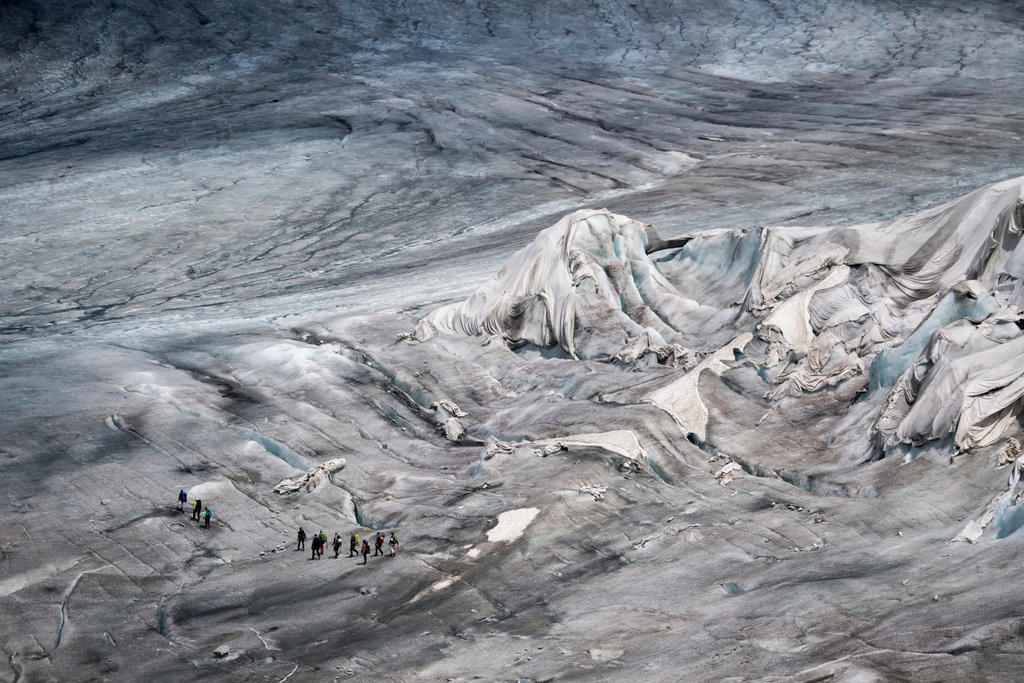
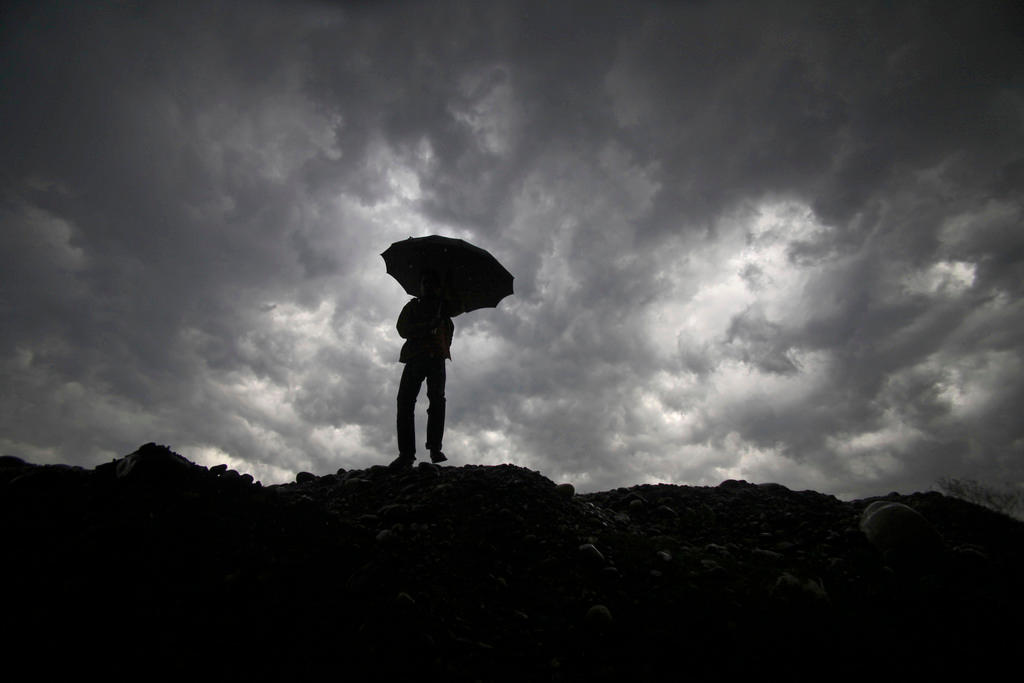
You can find an overview of ongoing debates with our journalists here . Please join us!
If you want to start a conversation about a topic raised in this article or want to report factual errors, email us at english@swissinfo.ch.